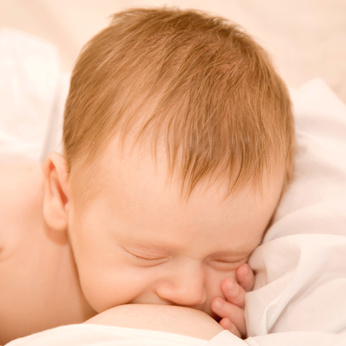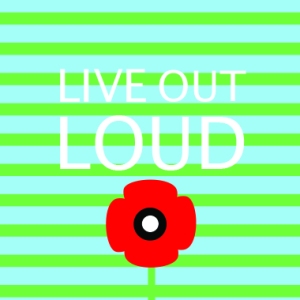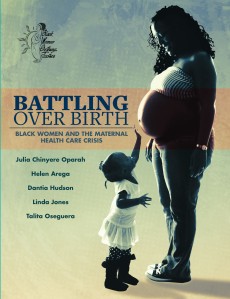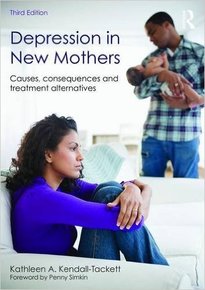Kathleen Kendall-Tackett, PhD, IBCLC, FAPA asks, “How do mothers get more sleep?”
Where does nighttime breastfeeding fit in?
For years, like many researchers, I assumed that breastfeeding mothers got less sleep. But research during the past decade has proven such assumptions were wrong. The results of recent studies indicate that exclusively breastfeeding mothers appear to get more sleep than their mixed- and exclusively formula-feeding counterparts. For many of us, these findings seem counterintuitive—how is it possible that breastfeeding mothers get more sleep?
I have to admit, this research changed my mind.

Our sample was 6410 mothers of babies 0–12 months old (Kendall-Tackett, Cong, & Hale, 2011). The mothers ranged in age from 13–50 and they completed an online survey with 253 items about their:
- sleep patterns
- infant sleep location
- physical and emotional health
- pregnancies and birth experiences
- trauma history
- and detailed questions about how they feed their infants.
For these analyses, we asked a summary question about feeding method:
Since your baby was born, did you breastfeed, formula feed, or both breast and formula-feed?

We then examined several indices of mothers’ sleep and well-being. We found that on all measures, breastfeeding mothers reported significantly better functioning.
They were getting:
- more sleep
- felt better during the day and
- were less depressed.
 Interestingly, there was no significant difference between the mothers who were either mixed- or formula-feeding on any measure. This suggests a threshold effect for breastfeeding: that mothers who supplemented did not have the same physiological benefits as mothers who exclusively breastfed. The babies, obviously, benefit from receiving their mothers’ milk. But the mothers get more physiological benefit if they can breastfeed exclusively.
Interestingly, there was no significant difference between the mothers who were either mixed- or formula-feeding on any measure. This suggests a threshold effect for breastfeeding: that mothers who supplemented did not have the same physiological benefits as mothers who exclusively breastfed. The babies, obviously, benefit from receiving their mothers’ milk. But the mothers get more physiological benefit if they can breastfeed exclusively.
A summary of our findings
Previous studies have found that mothers’ reported hours of sleep is a better predictor of lowered postpartum depression risk than measures of mothers’ actual hours of sleep recorded via polysomnograph. Breastfeeding mothers reported sleeping significantly more.
Figure 1. Number of hours mothers report that they sleep

Consistent with getting more sleep, breastfeeding mothers reported more daily energy and better overall physical health.
Figure 2. Mothers’ daily energy on a five-point scale

Figure 3. Mothers’ overall rating of their physical health
Consistent with previous studies, breastfeeding mothers also had lower risk for depression as measured on the Patient Health Questionnaire-2 (PHQ-2) (psychologist’s tool for assessing depression).
Figure 4. Maternal depression

Even though exclusively breastfeeding mothers wake more often, they get more sleep overall. Although it appears to be only 20 minutes or so more (Figure 1), that appears to be enough to make a difference on their reports of:
- how much energy they have (Figure 2)
- their sense of well-being (Figure 3)
- their rates of depression (Figure 4)
 Anticipating a couple of questions that I received on an earlier article: First, the breastfeeding mothers were not all bedsharing. In fact, they were pretty evenly divided between those bedsharing and those with a baby in a crib in another room. I suspect that these findings would be even more marked if we only included the bedsharing mothers. Second, many readers wondered whether we were trying to prove causation with correlation. We were not. We used analysis of variance to examine mean group differences.
Anticipating a couple of questions that I received on an earlier article: First, the breastfeeding mothers were not all bedsharing. In fact, they were pretty evenly divided between those bedsharing and those with a baby in a crib in another room. I suspect that these findings would be even more marked if we only included the bedsharing mothers. Second, many readers wondered whether we were trying to prove causation with correlation. We were not. We used analysis of variance to examine mean group differences.
When faced with a tired new mother who is breastfeeding her baby, often the first thing friends, family, and sometimes professionals will advise is supplementing with formula. Our data and data from other studies indicate that mothers who follow this advice will likely get less sleep, not more.
Very fatigued mothers click here.
Reference
Kendall-Tackett, K. A., Cong, Z., & Hale, T. W. (2011). The effect of feeding method on sleep duration, maternal well-being, and postpartum depression. Clinical Lactation, 2(2), 22-26.
Useful information
Infant Sleep Information Source
Mother-Baby Behavioral Sleep Laboratory
Kathleen Kendall-Tackett: read Kathleen’s biography here.
























July 31, 2017 at 3:50 am
I got a fair bit more sleep after we started using a white noise device for our little one. You have so much more energy when you get more sleep!
LikeLike